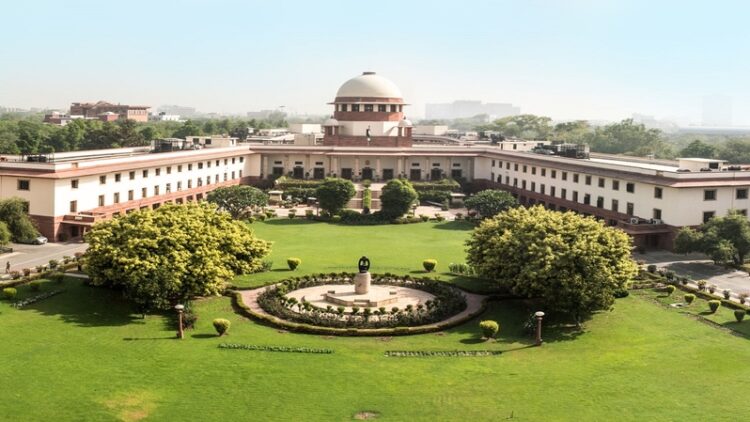New Delhi: The Supreme Court on Tuesday, April 12, directed the Nagaland government to fix a date for Urban Local Bodies (ULBs) polls, wherein reservation ought to be granted to women and also apprise the apex court about the schedule of elections on the next date of hearing in July.
“State to tell us the date of elections in the next hearing. You cannot take it so long. First week after reopening after summer recess,” the Bench said.
The state government, through its counsel, told the bench of Justice S K Kaul and Justice M Sundresh that a resolution has been adopted to hold ULB polls with a 33 per cent quota for women at a consultative meeting held on March 9 at Kohima by the state government where all the stakeholders were present.
“The state election commission submits that they have already initiated a process of summary revision (of electoral roll) which will take place in two months,” the court said.
The Supreme Court is likely to have a summer vacation from May 23 to July 10 and will resume sitting from July 11, 2022.
The state government informed the apex court that it has agreed to implement a 33 per cent reservation for women in civic bodies.
“A resolution was passed affirmed by the chief minister and the others that we should go ahead with the 74th amendment giving reservation of 33 per cent to women,” the state council said.
The top court said there is no impediment in holding elections providing reservation for women but maintained the authorities were going “very very slow” on the matter.
“We have also pursued the affidavit of compliance in which it is stated that on March 16, 2022 a meeting was held in regard to elections for urban local bodies after taking into account the direction of this court the state election commission was intimated to use state assembly electoral rolls as the basis for municipal elections and intensively update the same on account of the large gap since the last elections,” it added.
The Supreme Court had earlier rapped the Nagaland government over the delay to enforce reservation for women in the state’s urban local bodies.
In 2017, the state government’s efforts to go ahead with polls was vehemently opposed chiefly in Kohima and Dimapur with violent protest, and it led to the resignation of T. R. Zeliang as the Chief Minister.
The resolution was adopted last month during a consultative meeting of all stakeholders, including mass-based civil society organisations, churches, tribal bodies, political parties and NGOs, convened by the state government in the presence of legislators at Kohima. More than 150 Naga leaders and intellectuals attended the meeting.
At the consultative meeting, Chief Minister Neiphiu Rio and Advocate General K.N. Balgopal tried to explain to the gathering that the 74th Amendment is different and will not infringe on rights guaranteed by Article 371 (A) as was circulated earlier.
Last month BJP nominee Phangnon Konyak was elected to Rajya Sabha, making her the first Naga woman to enter the Upper House of Parliament and the second women lawmaker after Rano Shaiza in the 1970s.
Since its statehood in 1963, the state of Nagaland has never had any woman legislator in the state assembly.
Lately, the BJP sources have indicated that the party will work hard to ensure the victory of at least one woman MLA in the next polls due Feb-March 2023.
Nagaland also holds the record of adopting a unanimous resolution opposing the Bill for Women quota in state legislatures and parliament when S C Jamir was the Chief Minister.




















Comments